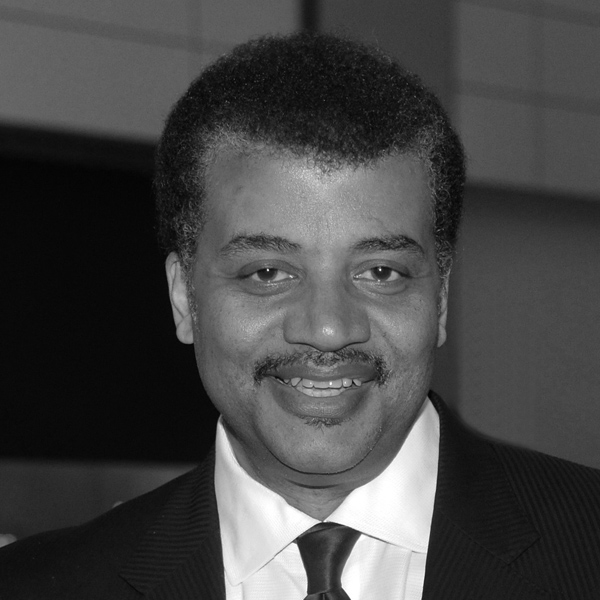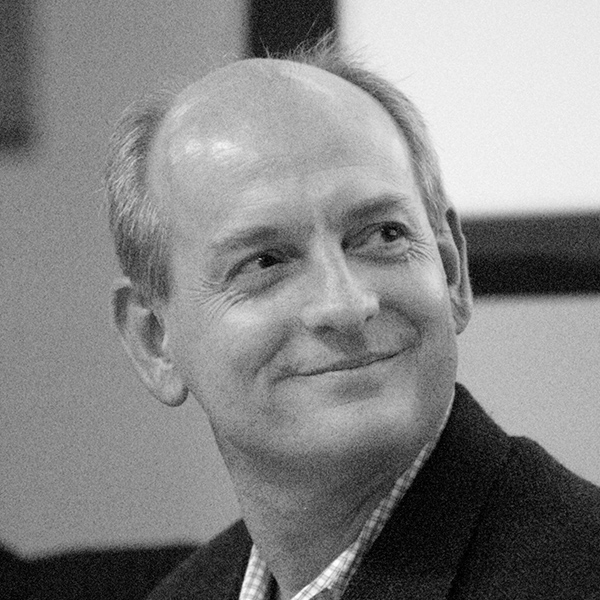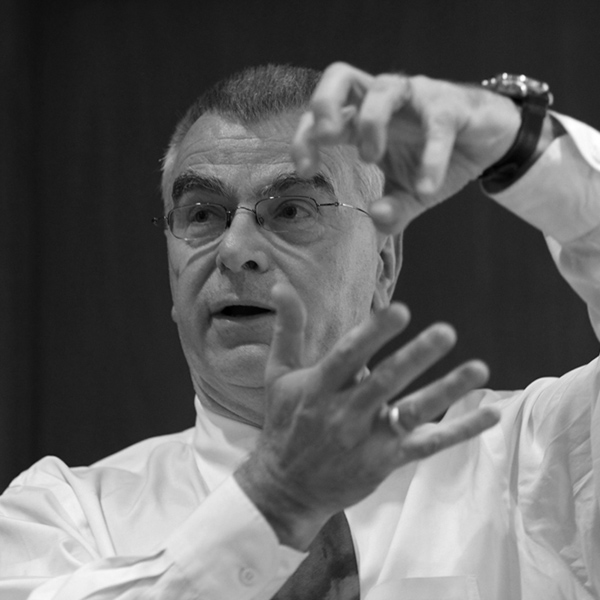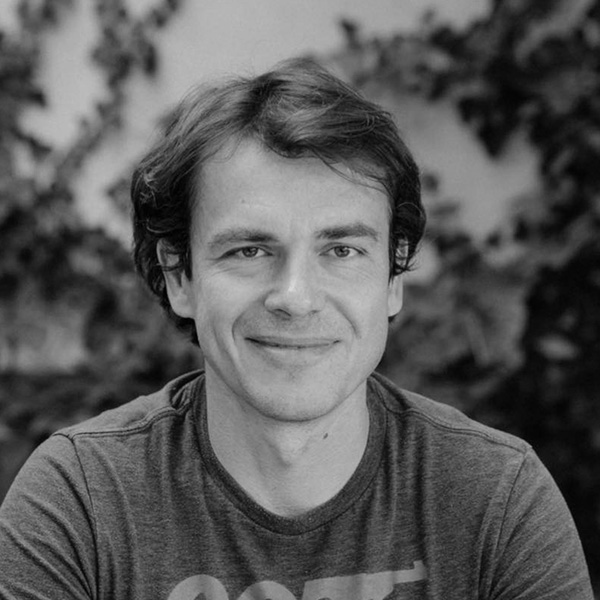Neil deGrasse Tyson
American astrophysicist, planetary scientist, science communicator
A world-renowned American astrophysicist, writer, scholar of personal knowledge, director of the Hayden Planetarium in New York, research fellow in the astrophysics department of the American Museum of Natural History. His YouTube videos are followed by millions, he makes a popular podcast, and he has also appeared in several movies and series (including The Big Bang Theory or the Simpson Family, Futurama, or Family Guy). Presenter and editor of the new National Geographic Cosmos series entitled ‘Possible Worlds’, and the previous host of the channel’s program ‘Cosmos: Stories about the Universe’. His show ‘Star Talk’ which presents science in a humorous form, with the help of celebrity guests, was also nominated for an Emmy Award. He holds more than 20 honorary doctorates and has received one of NASA’s highest-level civilian awards for his work.
Stuart J. Russell
Professor of Computer Science at the University of California, Berkeley
He is a professor of electrical engineering and computer science at the University of California, Berkeley, and a neurosurgeon at the University of San Francisco. He is a pioneer in research on the understanding, use, long-term future, and relationship of artificial intelligence to humanity. He is also an internationally renowned expert in robotics and bioinformatics. Author of the book ’Human Compatible: Artificial Intelligence and the Problem of Control’, which has been one of the most important AI-themed books since 2019. Co-author of the book ‘Artificial Intelligence: The Modern Approach’, which has been translated into 13 languages (including Hungarian) and is used as a basic work in the field by more than 1,300 universities in 118 countries.
George Tilesch
Senior Global AI Expert & Co-Author of the book “BetweenBrains”
He is one of the world’s most popular artificial intelligence experts, co-author of the book “BetweenBrains”. He is a Hungarian-American dual citizen and has lived in Silicon Valley for 10 years. He has worked as an expert for the European Union, the White House, NASA, Microsoft and Ipsos, among others, but has also advised a number of international organizations, global think tanks, startups and social innovation initiatives. His main areas of expertise are the strategic, ethical issues of artificial intelligence and the social, policy and governmental implications of technology.
György Buzsáki
Biggs Professor of Neuroscience, NYU School of Medicine
Brain researcher, university teacher, professor at the Faculty of Medicine of New York University, member of the Hungarian and American Academy of Sciences. Together with Tamás Freund (current president of the Hungarian Academy of Sciences) and Péter Somogyi, he was the first to win the greatest recognition in the profession in 2011, the Brain Prize, also known as the Noble Prize of brain researchers, for exploring brain neural networks that play a key role in memory processes. The scientist, who has published in such scientific journals as Nature, Science, and Neuron, primarily researches the cerebral cortex, with a particular focus on the hippocampus, as well as brain waves and the cognitive function of the brain and is the author of several books.
László Kishonti
CEO of AImotive
An economist, he is the founding CEO of AImotive. AImotive is a company that develops self-driving vehicle technology, aiming to create Level 5 - that is, fully autonomous self-driving vehicles operating in all conditions. The innovation of the company relies primarily on cameras and artificial intelligence in recognizing the environment in the spirit of the “vision-first” approach. In the last five years, the company has won a total investment of more than USD 70+ million from global companies, making it the second largest Hungarian startup company in terms of venture capital investments.






